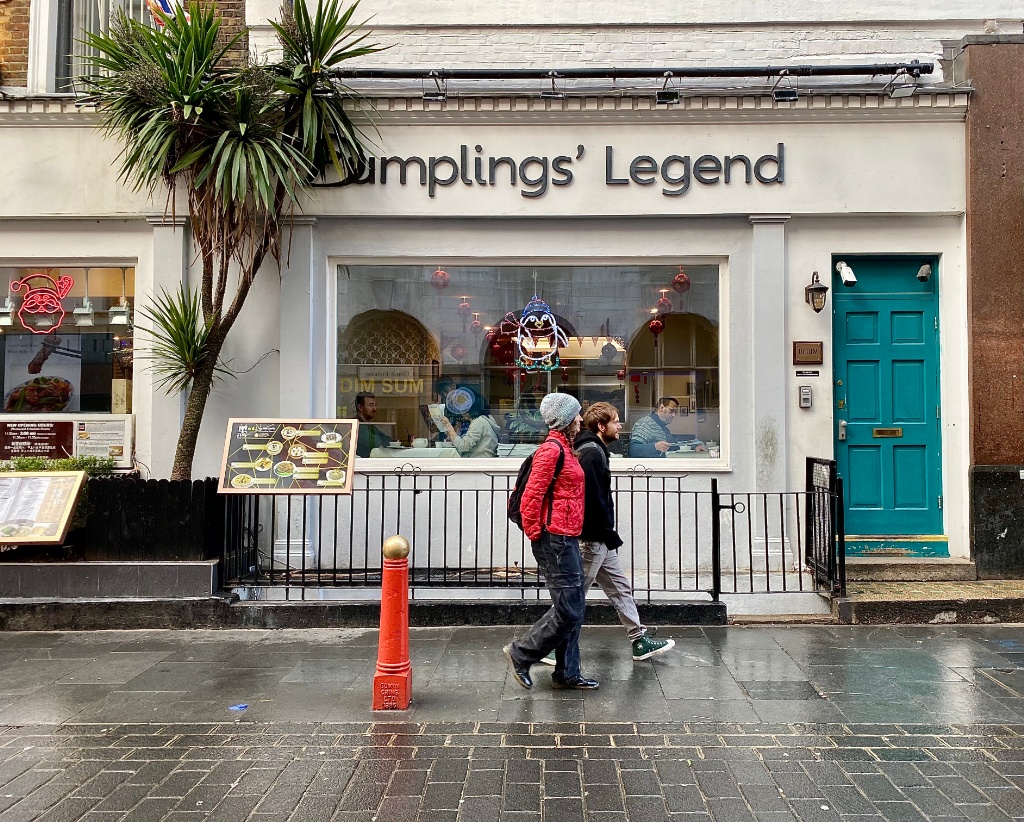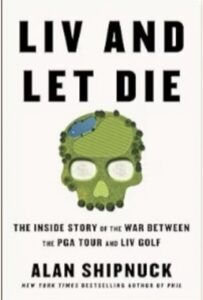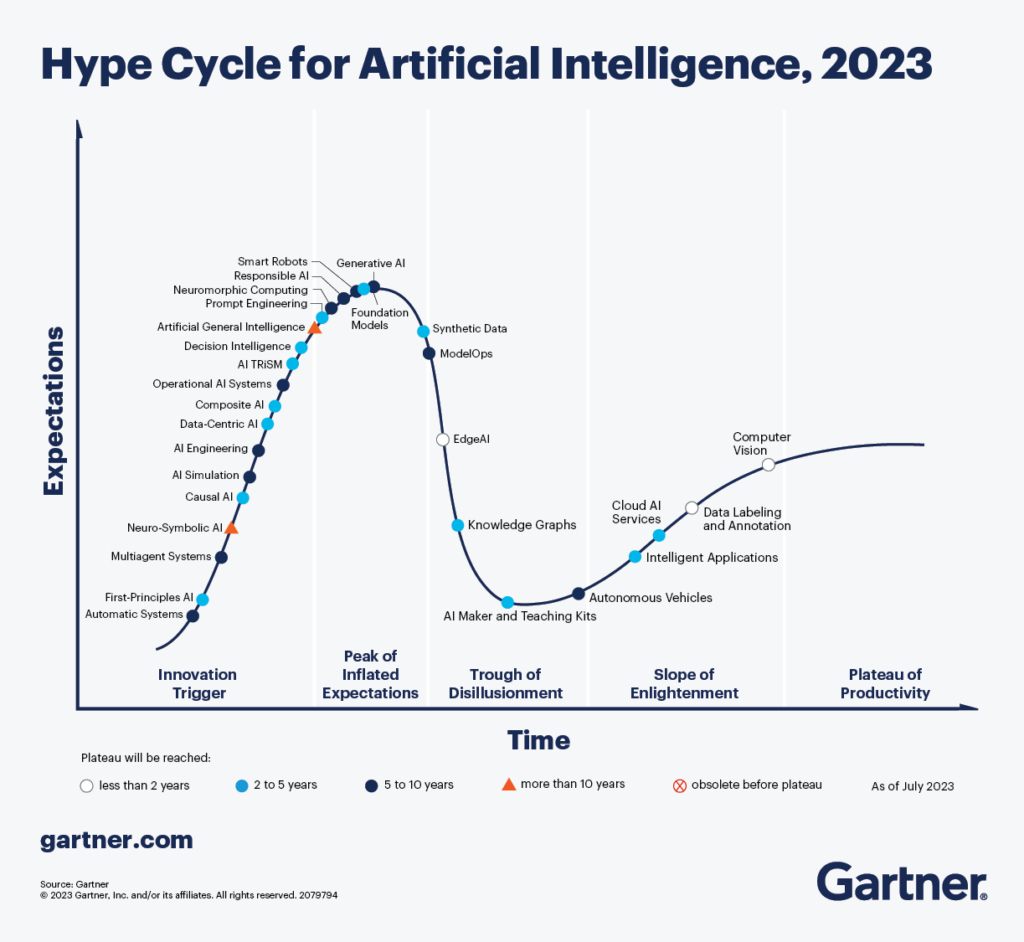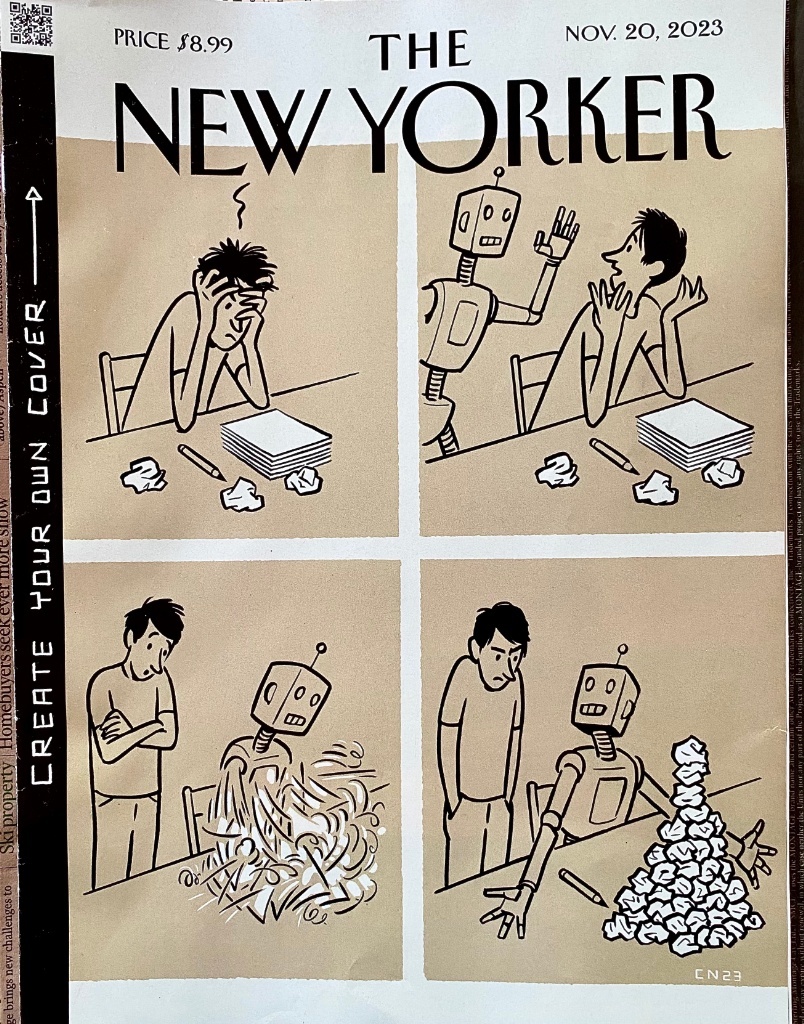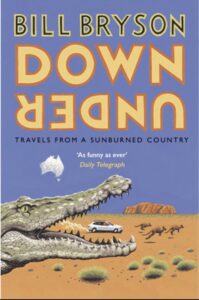Those New Year resolutions…
From Nellie Bowles in The Free Press:
I keep thinking of resolutions. This year, I should call my friends more often to check in, or my parents (maybe). This year, I should do yoga once a week. This year, I should read less news and more books. Or. . . this year, I should wear makeup and better clothes, put a little effort in, and maybe I will actually do this. But honestly, then I think: I’ve got enough on my plate! I’m doing plenty and it’s great. I can’t add any of these to some sort of guilt treadmill.
I tried this argument out with some family members in the living room just now, and they said, “Oh, so you think you’re perfect?” Well. Look. I’m 35. I’ve got a kid and a job. I’m nice enough. I’m in some kind of shape. And I like reading the news. I call my friends plenty; we’re all busy moms, it’s really fine. And so this year: no resolutions. I’m not perfect, but I look things over and I think: no major notes. Keep on keeping on into 2024. If that makes me a monster, so be it. Maybe I’ll work on it in 2025.
Where next?

Wicken Fen, Cambridgeshire, Friday.
Quote of the Day
“In spite of all the hype and the drama, few compelling business use cases for the technology emerged. All the talk about generative AI reinventing internet search fizzled out after Microsoft’s AI-enabled Bing failed to disturb Google’s market dominance. Concerns about data security, intellectual property rights and generative AI’s dirty habit of “hallucinating” facts — or, more crudely, just making stuff up — also deterred companies from deploying the technology. And many AI-powered start-ups, promising to revolutionise various industries, blew up on the launch pad as the release of increasingly capable generative AI models destroyed their original business models.”
- Financial Times Editorial on AI in 2023, 28 December.
Musical alternative to the morning’s radio news
Bob Dylan | Shelter from the Storm
And if you want to see what religious folks make of the lyrics, see here.
Long Read of the Day
An Odd Silence
Very perceptive blog post by Bill McKibben on the way our mainstream media seem to have a blind spot about the climate crisis as they continue to practice what Michael Mann called “the sociology of the last five minutes”.
The world—its politics, its economy, and its journalism — has trouble coping with the scale of the climate crisis. We can’t quite wrap our collective head around it, which has never been clearer to me than in these waning days of 2023.
Because the most important thing that happened this year was the heat. By far. It was hotter than it has been in at least 125,000 years on this planet. Every month since May was the hottest ever recorded. Ocean temperatures set a new all-time mark, over 100 degrees. Canada burned, filling the air above our cities with smoke.
And yet you really wouldn’t know it from reading the wrap-ups of the year’s news now appearing on one website after another…
Read on. It’s good — especially on the problem that while in geological terms “we’re warming at hellish pace” that’s not “how the 24/7 news cycle works”.
Yep.
For all the hype in 2023, we don’t know what AI’s long-term impact will be
Yesterday’s Observer column.
So the lesson of history in relation to tech bubbles is this: what things will be left after the bubble bursts? Because they always do. Which neatly brings us back to the current madness about AI. Sure, it’s wonderful that it enables people who are unable to string sentences together to “write” coherent prose. And, as Cory Doctorow observes, it’s great that teenagers playing Dungeons & Dragons can access an image generator that creates epic illustrations of their characters fighting monsters – even if the images depict “six-fingered swordspeople with three pupils in each eye”. And that the tech can do all of the other tricks that are entrancing millions of people – who are, by the way, mostly using it for free. But what of lasting value will be left? What will the historians of the next century regard as the enduring legacy of the technology?
My commonplace booklet

From Gallup
This holiday season, 43% of U.S. workers say they plan to take a vacation during the holidays, and of that group, roughly half — or 21% of all workers — will completely disconnect from work. Meanwhile, 22% of workers will be taking a vacation but checking in with work via email or other means.
Linkblog
Something I noticed, while drinking from the Internet firehose.
From Dave Winer (Whom God Preserve)…
In the early 80s, my main development machine was an Apple II, believe it or not. Sometimes the machine would just refuse to boot, so I’d get on El Camino to Computer Plus in Sunnyvale, which was the main developer store in the Valley, owned by Dick and Lucy Applebaum and Mark Wozniak. Very often when I got to the store and plugged the machine in, it would start right up. That became a superstition, if your computer won’t launch take it for a ride in the car. Anyway, this morning, in 2023, my web app, the new version of news.scripting.com that I’m working on was in a state that was really depressing. I was working on making it mobile-friendly and nothing I did would make the timeline fit into the allotted space. I was at my wits end, thinking maybe I’d have to revert my changes and try another approach. So I went out for a walk, it’s a nice day, kind of warm, and the air is clear, no rain, and there are even some trees in bloom which is weird considering that it’s the day after Christmas for crying out loud. But it was a good thing to do, when I got back I had a plan for how to go forward. My brain was now clear. I got myself a nice bowl of fruit salad and a glass of water, and sat down and rolled up my sleeves, and I bet by now dear reader you’ve figured out the punchline. It worked. I did nothing. Every bit showed up in the right place, more or less (modulo some tweaking). Back with Apple II in the 80s it wasn’t really magic. The chips weren’t soldered into the motherboard on the machine, and they would get pretty hot, and when you’d turn the computer off and on, it would go hot and cold, which meant the pins on the chips would expand and contract and in doing so, over months, one could unseat. A trip in the car might just jog it back into its socket. The same way, forty years later, if you get up from the computer and go for a walk, when you come back, cached requests have now aged-out and the files that weren’t getting refreshed are now up to date, and it turns out I wasn’t crazy or incompetent, and it probably wasn’t some kind of act of god, it’s just the internet being the internet.
Errata
Eugene O’Connor wrote to criticise the Oscar Wilde quote about glasses being half-full or half-empty.
Actually, on earth, the glass is always full … of fluid. Half gas and half liquid.
On the moon it might be different, but who would want to drink there, there’s no atmosphere.
Quite. But Wilde didn’t read physics at Oxford, which is probably just as well.
This Blog is also available as an email three days a week. If you think that might suit you better, why not subscribe? One email on Mondays, Wednesdays and Fridays delivered to your inbox at 6am UK time. It’s free, and you can always unsubscribe if you conclude your inbox is full enough already!

